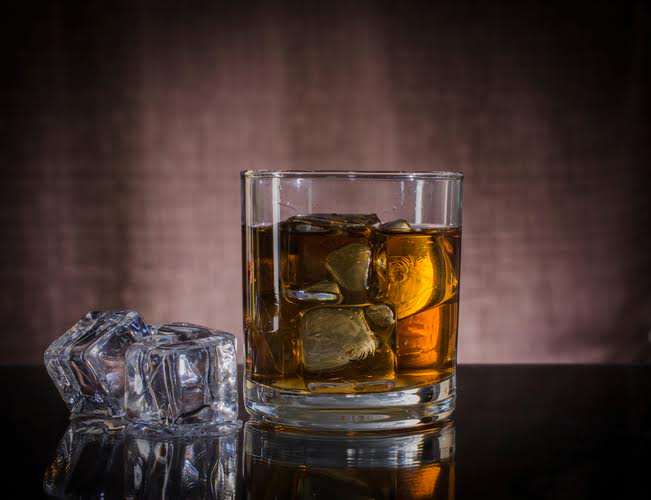This can mean joining a support group, such as Alcoholics Anonymous or SMART Recovery. It can also mean finding a personal therapist, or a recovery coach. By stimulating these two regions, alcohol can make you feel more relaxed, confident, at ease, and positive overall. If you’ve ever drank alcohol to escape feelings of depression, however, you’ve probably noticed these feelings don’t last. In fact, as the effects of alcohol recede, you may actually feel more depressed. Those who drink alcohol because they’re unhappy will still feel that way once the effects of alcohol wear off.
Anxiety After Drinking: Can Drinking Create and Increase Depression?

Contrary to the popular belief that drink, depression, and anxiety can somehow be mitigated by drinking, the opposite is true. In fact, alcohol use to cope with drug addiction depression may precipitate a relapse, or lead to suicidal thoughts. Furthermore, research shows that alcohol use increases both the intensity and duration of episodes of depression. A study in the journal Addiction found that attempting to deal with depression with alcohol use doubles the risk to develop either condition. According to the researchers, this isn’t just a correlation, noting that the two disorders are intertwined in the cycle of a reciprocating, causal relationship. If you consistently feel depressed after drinking, it might be a sign of an underlying issue, such as alcohol dependence or an existing mental health condition.
Anxiety
There are many does drinking make your depression worse factors to consider, such as genetics, how much you drank and for how long, the extent of damage, and pre-existing mental health problems. Alcohol creates a chemical imbalance by flooding the brain with dopamine. So it attempts to correct things by producing more GABA, the inhibitory neurotransmitter that calms things down.
- At the same time, excessive alcohol use, or binge drinking, has also been linked to depression and anxiety.
- Choosing to self-medicate with alcohol will only serve to reinforce the negative symptoms of these mental health disorders, contributing greatly to a worsening condition.
- Glutamate, in contrast, is an excitatory neurotransmitter, stimulating brain activity.
- For others, the effects of alcohol can cause depressive symptoms, both in the short- and long-term.
Mental Health Treatment
Doctors may prescribe medication if they believe it would benefit your recovery. Speaking with loved ones or close friends can also help alleviate depression symptoms post-drinking. If depression occurs after a night of drinking, there are several things that you can do to try and feel better. Depression from quitting alcohol is one of the symptoms of alcohol withdrawal (which can be either mild or severe). The information provided in this blog post is for educational and informational purposes only. It is not intended as a substitute for professional medical advice, diagnosis, or treatment.
